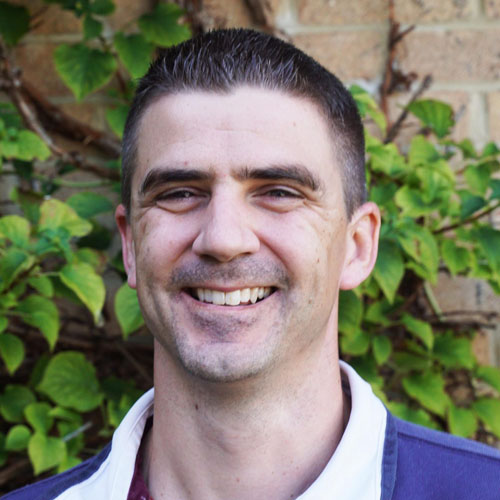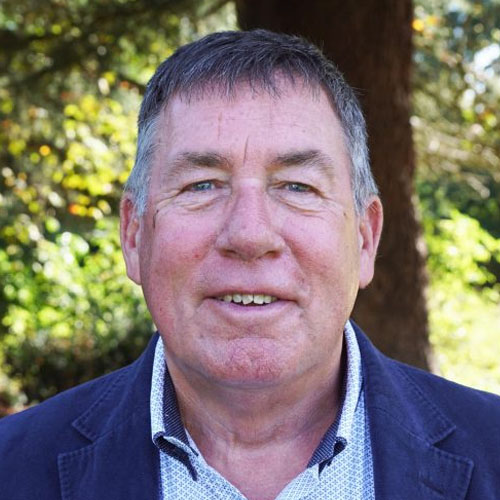Go deeper into theological thinking with our postgraduate MA. Study in a unique way that encourages both personal and professional development.
Programme duration
2 years taught (part-time) plus 1 year for dissertation, with a possibility of gaining an extension into a second year.
Location and mode of study
- Christchurch
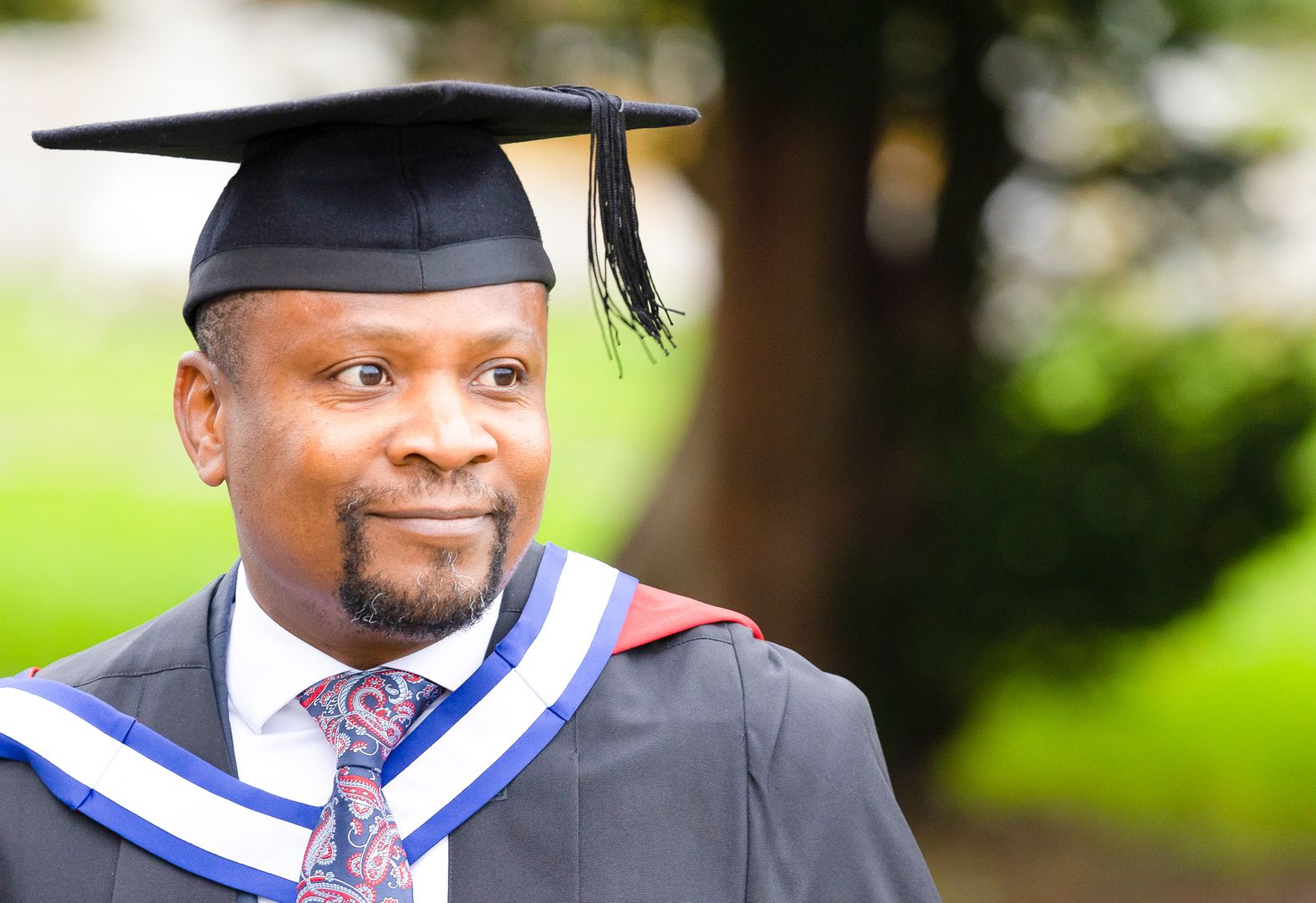
“Studying for a MA has truly added value to my pastoral work. The knowledge gained on this course with the emphasis on Christian Leadership has positively transformed my outlook and service as a Pastor of a local congregation. I would recommend this programme to those in leadership teams at their local Church.”— John, MA graduate
Programme content
The aim of the MA in Applied Theology is to help you root your practice more deeply in Scripture and develop a sharper insight into opportunities and challenges in your particular context.
Study theology alongside others in a unique way that encourages both personal growth and professional development – all without the need to leave your responsibilities at home or work.
The MA in Applied Theology requires the completion of 180 credits. The programme effectively has two main parts: the taught element, which accounts for 120 credits; and the dissertation, worth 60 credits.
The programme is designed to be pursued on a part-time basis over three years and is structured to facilitate this. The taught element spans two academic years, and is followed by a one year dissertation, with the possibility of gaining an extension into a second year.
In year one, you’ll be introduced to the concepts of applied and practical theology, exploring the significance and implications of establishing solid theological foundations as a basis for your practice. In the second module, you’ll then study your chosen specialism in greater detail.
Year two begins with the important area of ethics as it relates to ministry and professional practice. You then have opportunity to develop further your studies in your chosen specialism. The fifth and final taught module examines current developments and trends in the twin contexts of Christian practice: the Church and the contemporary world.
From year three, you embark on the final component of the MA in Applied Theology: an 18,000 word dissertation. This involves researching and writing on an applied topic of your choice. It offers the option of expanding on your specialised area of study. You’ll be individually allocated a supervisor, appropriate to your field of research, who provides you with ongoing support and guidance throughout the process of research and writing.
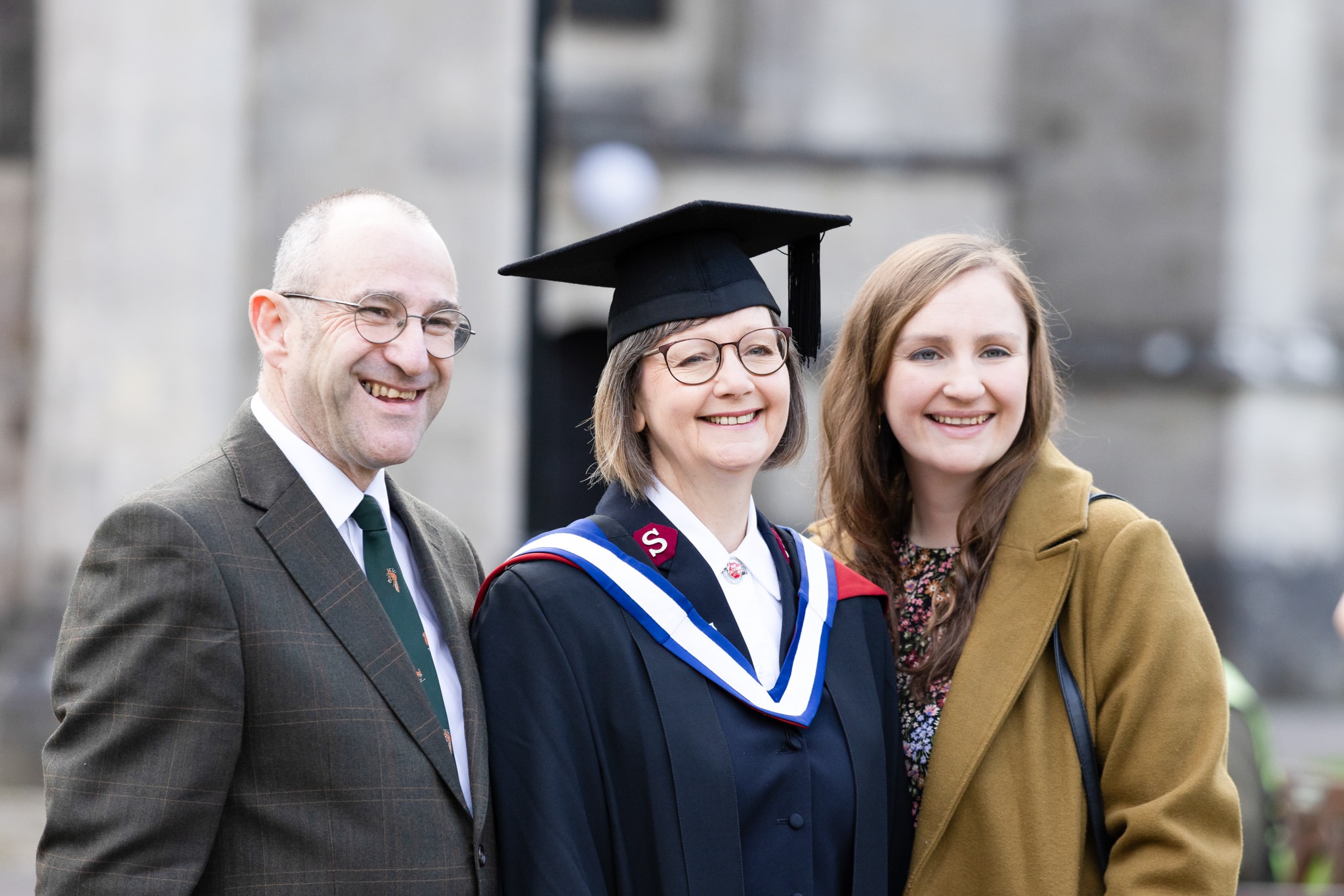
“After over 22 years of ministry, my MA has enabled me to become a more reflective practitioner. I found it challenging and fulfilling and enjoyed sharing the experience with those in my cohort, along with supportive and inspiring tutors.”— Jane, MA graduate
Three specialisms
Your choice of specialism is reflected in every module you study—through break-out groups, assessment tasks and your dissertation topic.
Apologetics
Lead tutor: Andy du Feu
From Islamic fundamentalism to naturalistic atheism, the Christian faith is being subjected to more critical scrutiny than ever before. The Apologetics specialism engages with relevant issues for evangelism in your context. You will spend time investigating the history of Christian apologetics and key themes, including philosophical arguments, historical evidence and the use of media, literature and the arts.
The study will help you to faithfully defend biblical truth in an ever-changing world and you will also gain tools to help Christians around you to evangelise in their everyday lives. While studying with like-minded students in various areas of practice, you will integrate biblical study with cutting-edge issues in evangelism today.
Andy du Feu speaks and writes extensively on communication and social media. His latest book on developing ecclesiology within youth culture, ‘Looking Good naked’, is published by Wipf and Stock.
The Bible and Preaching
Lead tutor: Tim Miller
Biblical preaching has come under attack in recent years. Some consider it outdated, outmoded, irrelevant—a relic of yesteryear. Others have diluted its substance to such an extent that it becomes little more than a sequence of entertaining stories, loosely woven around a Bible verse or passage. Christians are searching for answers, seeking reassurance, needing to hear the life-changing truths of God’s Word. Sound biblical preaching has never been more needed.
However, the world is no longer as it was. Change has come, bringing with it paradigm shifts, cultural revolution and technological innovation. This sets the stage, not for a return to the golden age of preaching of former generations, but for fresh approaches to faithful biblical preaching, relevant for the 21st century. You will explore preaching in the light of contemporary theories and current homiletical forms. We will be especially concerned with how the Bible functions, and is used, in preaching.
Christian Leadership
Lead tutor: Rev Ian Coffey
The specialism of Christian leadership equips people for the unique leadership challenges of today and tomorrow. By critically evaluating leadership models and their usefulness in 21st century contexts, this specialist study allows you to reassess how you’re leading.
Wherever you lead, whether it’s full-time or part-time, ordained or lay, corporate or local church, you will be given a unique opportunity to reflect and assess your effectiveness as a leader and consider how you can make beneficial changes. You’ll explore the biblical, theological and practical considerations of leadership; not to build your own empire, but to be used as a Kingdom builder and to develop leadership skills in others. This includes topics such as emotionally intelligent leadership, styles of leadership, developing teams that work, managing change and conflict, and servant leadership.
You will learn from other leaders and tutors with extensive years of experience in a wide variety of contexts, including Rev Ian Coffey, who draws on more than 40 years of leadership in both the local church and parachurch contexts.
“My friend had been to Moorlands College, and I saw something in them I wanted to emulate. I liked the location and the programme, the emphasis on spiritual, applied theology—rather than simply theorising. This MA offered study which was grounded in reality.”—Michael, MA graduate
Assessment and feedback
Assessment is exclusively by coursework. Most taught modules are assessed by a single assignment, normally of 6,000 words for 30-credit modules and 4,500 for 15-credit modules. These are marked by the relevant module tutor and are returned, together with written feedback, within four weeks.
Timetable
Delivery of the taught components of the MA is by means of two-day intensive study blocks at the Christchurch Campus (plus a one-off induction day). Study blocks typically occur in September, December, February and April every year.
*Students from the UK may be entitled to a Government-funded Postgraduate Master’s Loan. Contact the Admissions department for more information.
Application deadline
We look forward to receiving your applications by July 2024.
If you have missed this deadline, please get in touch with the Admissions department for further advice on admissions@moorlands.ac.uk
Entry requirements
A degree in theology or similar subject or equivalent (see below):
Postgraduate MA programme
We realise that some people interested in our programmes don’t have a degree in theology, but have developed a sufficient understanding to succeed in and benefit from it through other means. If you think you may be in this category, please talk to us about your situation.
You will need to show evidence of:
- A capacity to benefit from the study of practice, as part of your continuing professional or vocational development. You will normally have at least two relevant years of experience, and you will be engaged in practice while you undertake the programme.
- Commitment to Christian life and service—not only to gain qualifications, but to continue to strive to go deeper and become more committed in your walk with God.
- Sufficient academic ability: you are normally expected to have a British degree in a theological field.
- GCSE in English (Language or Literature) at grade C or above, or equivalent qualifications at level 2, including an IELTS Academic Certificate with an overall score of 6.5 with at least 6.0 in each of reading and writing or nationally-recognised English language-based level 3 award, equivalent to these IELTS scores, from a different testing system.
If your formal education does not meet the entry requirements, but you have experience and non-certificated learning to the appropriate level, or you wish to enter at a level other than the first year of study, please submit a Recognition of Prior Learning (RPL) application. You will also need to supply evidence to support it.
Please do get in touch with us if you have any questions, we will be happy to guide you through the process.
If you do not have an undergraduate degree in Theology or if you need to submit an RPL application, please apply by the 31st May, otherwise please submit your application by 31st July.
Apply now
Our programmes are validated by

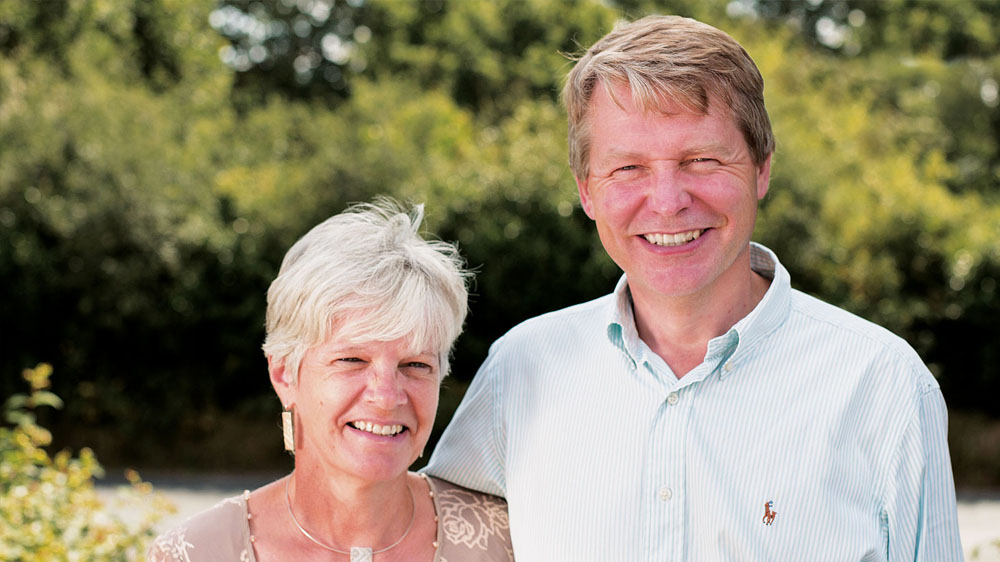
Student profile: Myles MacBean
Quite quickly I was led to Moorlands College, as I gave up business life and made the time for theology studies. Despite my concern that as a scientist and businessman I had never written a humanities-style academic essay in my life, the Moorlands College approach to the MA in Applied Theology was a perfect match for me.
“The MA in Applied Theology was a perfect match for me. The ‘applied theology’ approach encourages such students to bring all their professional, life and church experience to bare in a very beneficial way.”
The ‘applied theology’ approach encourages such students to bring all their professional, life and church experience to bare in a very beneficial way; and the focus on ‘practice’ allows us to immediately use what we learn at Moorlands in our ministry.
This academically rigorous, practical theological grounding I received at Moorlands College certainly gave my wife and I additional confidence as we stepped out with God anew and—in a move that turned out to be a greater surprise to us than our friends and family—end up on the mission field in Malawi.
Acting as Church Development Partners for the last three years, we have been able to deploy all our life-skills for the benefit of the Church in Malawi while also learning so many things about ourselves, about God and about his world.

